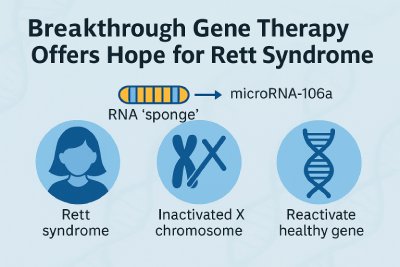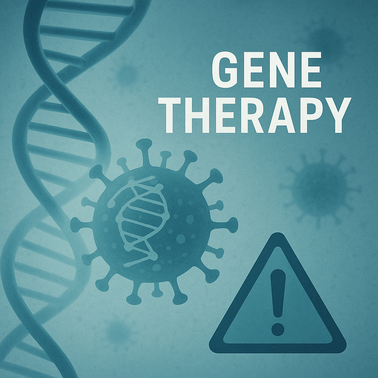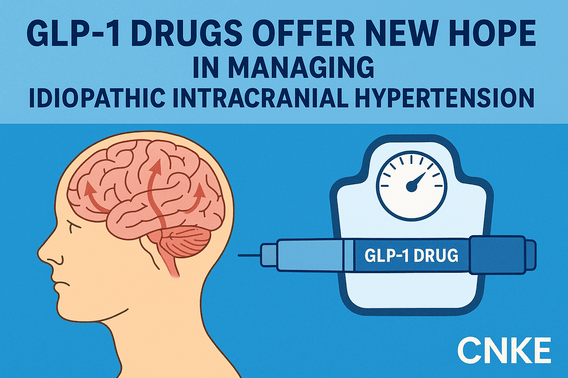Emerging research suggests that cannabidiol (CBD) extract may offer meaningful benefits for children and adolescents with autism spectrum disorder (ASD), according to a meta-analysis presented at the European Psychiatric Association (EPA) Congress 2025.
Investigators led by Dr. Lara Cappelletti of the São Camilo University Center, University of São Paulo, Brazil, analyzed data from three randomized, placebo-controlled trials involving 276 participants. Most of the participants were male (78.3%) with a mean age of 10.5 years. All received orally administered CBD extracts containing minimal tetrahydrocannabinol (THC), at dosages titrated from 1 mg/kg/day up to 10 mg/kg/day.
CBD concentrations in the studies ranged from 5 to 167 mg/mL, with CBD-to-THC ratios between 9:1 and 20:1. Participants were evaluated across several domains, including social responsiveness, disruptive behavior, anxiety, and sleep quality, utilizing a comprehensive set of validated assessment tools.
The findings indicated moderate improvements in social responsiveness (standard mean difference [SMD], -0.75) and small but notable reductions in disruptive behavior (SMD, -0.36) compared to placebo. However, no significant effects were observed on anxiety levels or sleep quality. Importantly, adverse effects did not differ significantly between the CBD and placebo groups.
"Dysfunction in the endocannabinoid system, a regulatory network that modulates intercellular signaling, has been suggested as a potential contributor to ASD," Dr. Cappelletti explained. "By supplementing with CBD, balance may be restored to the system, leading to symptom relief."
Despite the encouraging results, Dr. Cappelletti emphasized the need for further large-scale research to firmly establish CBD's efficacy and safety for ASD management. "The global prevalence of ASD diagnoses among children and adolescents continues to rise, yet many current treatment pathways remain insufficient," she noted. "It is promising to see the positive effects of CBD cannabis extract, but careful, ongoing research remains critical."
These findings highlight the evolving landscape of ASD interventions while underscoring the traditional principle that therapeutic innovations must be rigorously validated through thorough, methodical investigation before widespread adoption.
Cover Image: Drei Frauen von rückwärts (1932) - Oskar Schlemmer (German, 1888-1943)







